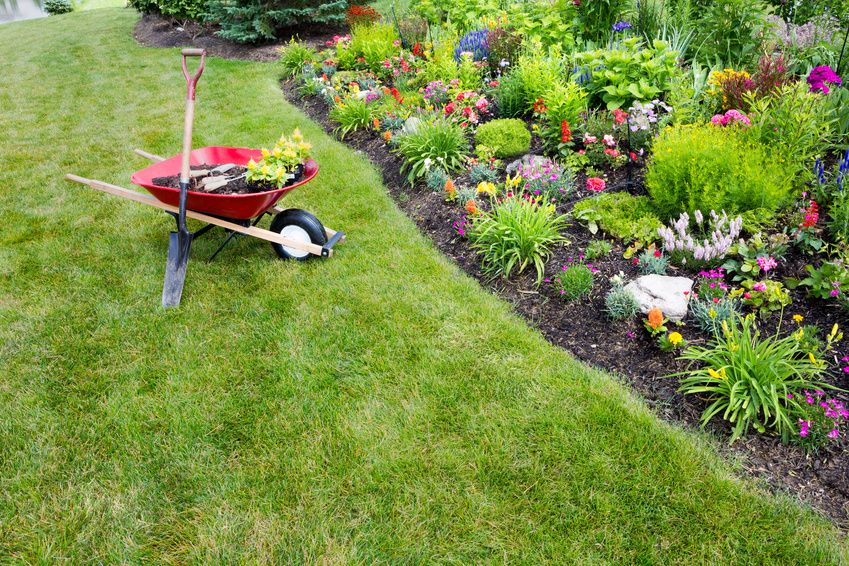Gardening is not just about producing beautiful blooms and delicious fruits and vegetables; it can also be a powerful tool in your pest control arsenal. One of the most natural and environmentally friendly ways to deter pests from your garden is through companion planting and other intelligent gardening techniques. In this article, we’ll explore the art of gardening for pest prevention.
Understanding Companion Planting:
Companion planting is the strategic placement of certain plants next to one another to provide mutual benefits. This might mean deterring pests, enhancing flavor, or helping with plant growth.
Beneficial Companion Plants for Pest Control:
- Marigolds: A favorite among gardeners, marigolds are known to repel nematodes and other garden pests. The strong odor of marigolds can deter pests like aphids, mosquitoes, and even rabbits.
- Basil: This aromatic herb can repel mosquitoes and flies, making it a great companion for tomatoes, both in the garden and in the kitchen.
- Chrysanthemums: These flowers contain a substance used in many
commercial insect repellents and can deter roaches, ticks, and silverfish. - Nasturtiums: Planting nasturtiums near broccoli, kale, and cucumbers can help deter aphids, whiteflies, and squash bugs.
- Garlic and Onions: Their strong scent can deter many pests, including slugs, aphids, carrot flies, and cabbage worms.
- Lavender: While it attracts pollinators like bees and butterflies, lavender can repel moths, fleas, and mosquitoes.
Other Gardening Tips for Pest Prevention
- Diverse Planting: A garden with a diverse range of plants can prevent the rapid spread of pest populations. Different plants attract different beneficial insects that can act as natural predators.
- Healthy Soil: Regularly amending your garden soil with organic compost promotes healthy plant growth. Strong, healthy plants are less susceptible to pests and diseases.
- Mulching: Mulching around your plants can deter pests by creating a barrier. It also helps retain soil moisture, which benefits the plants.
- Regular Inspections: Regularly inspect your garden for signs of pests. Early detection is crucial. Hand-picking pests off plants is an effective and chemical-free method for small gardens.
- Encourage Beneficial Insects: Not all insects are harmful. Ladybugs, lacewings, and predatory wasps can control pest populations. Consider plants that attract these beneficial insects.
- Natural Predators: Birds, frogs, and bats can be great for natural pest control. Providing habitats like birdhouses, bat boxes, or small ponds can invite these predators to your garden.
Conclusion
A thoughtful and well-planned garden can be both beautiful and functional in warding off unwanted pests. By integrating companion plants and following sustainable gardening practices, you can create a balanced ecosystem that favors plant growth over pest proliferation. Remember, the goal isn’t to create an entirely pest-free garden but to manage and reduce pest populations to a level where the damage is tolerable and doesn’t affect the overall health and productivity of your garden.

